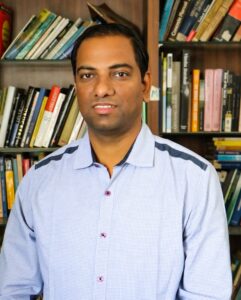Naveen Patidar and his team at the Aga Khan Rural Support Programme (AKRSP) India are currently celebrating one of their most important achievements – receiving a $7 million unrestricted grant from US-based philanthropist, MacKenzie Scott.
MacKenzie Scott is a US-based philanthropist who, through her charitable organisation Yield Giving, has donated over $8 billion to a wide range of non-profit organisations focused on areas such as racial equity, economic mobility, climate change, and public health. What sets her philanthropy apart is the way she distributes her grants. Unlike many large donors who tie their gifts to specific programmes or initiatives, Yield Giving’s gifts are unrestricted, giving organisations the freedom to use the funds as they see fit. Her support is renowned for its focus on community-driven organisations like AKRSP India.
I spoke to Naveen, CEO of AKRSP India, to learn more about why it has been awarded this grant and why it is so significant for its work with communities in rural India.
Naveen, please can you tell me about the grant from MacKenzie Scott’s Yield Giving and how it came about?
We recently received the amazing news that AKRSP is going to be awarded $7 million from MacKenzie Scott. This grant is unique because it is unrestricted and therefore the funds can go towards strengthening all parts of our organisation – ultimately benefitting the communities we serve. In a way, they have rewarded AKRSP for everything we have done over the last four decades – our organisational capability, impact on the ground, and reputation we have created. They also recognised AKRSP’s contribution towards policies in the country, in that we have gone beyond direct programming by supporting more than 50 other civil society organisations in rural India to expand their own capacities for development.
MacKenzie Scott’s organisation was looking to award organisations which are truly community focused. I believe that AKRSP was selected because our work is completely community centric. During discussions with the Yield Giving team, I encouraged them to look at our workforce – around 93% of my team are based in very remote rural locations and work directly with communities. I explained how our senior management also regularly visit these locations and directly interact with communities and their leaders.
“Around 93% of my team are based in very remote rural locations and work directly with communities.”
This grant will further strengthen AKRSP as an institution in so many ways. It will bring more stability and enable us to truly enact our long-term approach to community-led development. Aside from this, we plan to make significant investments in our HR systems, organisational development, monitoring, evaluation, research functions, and communications.
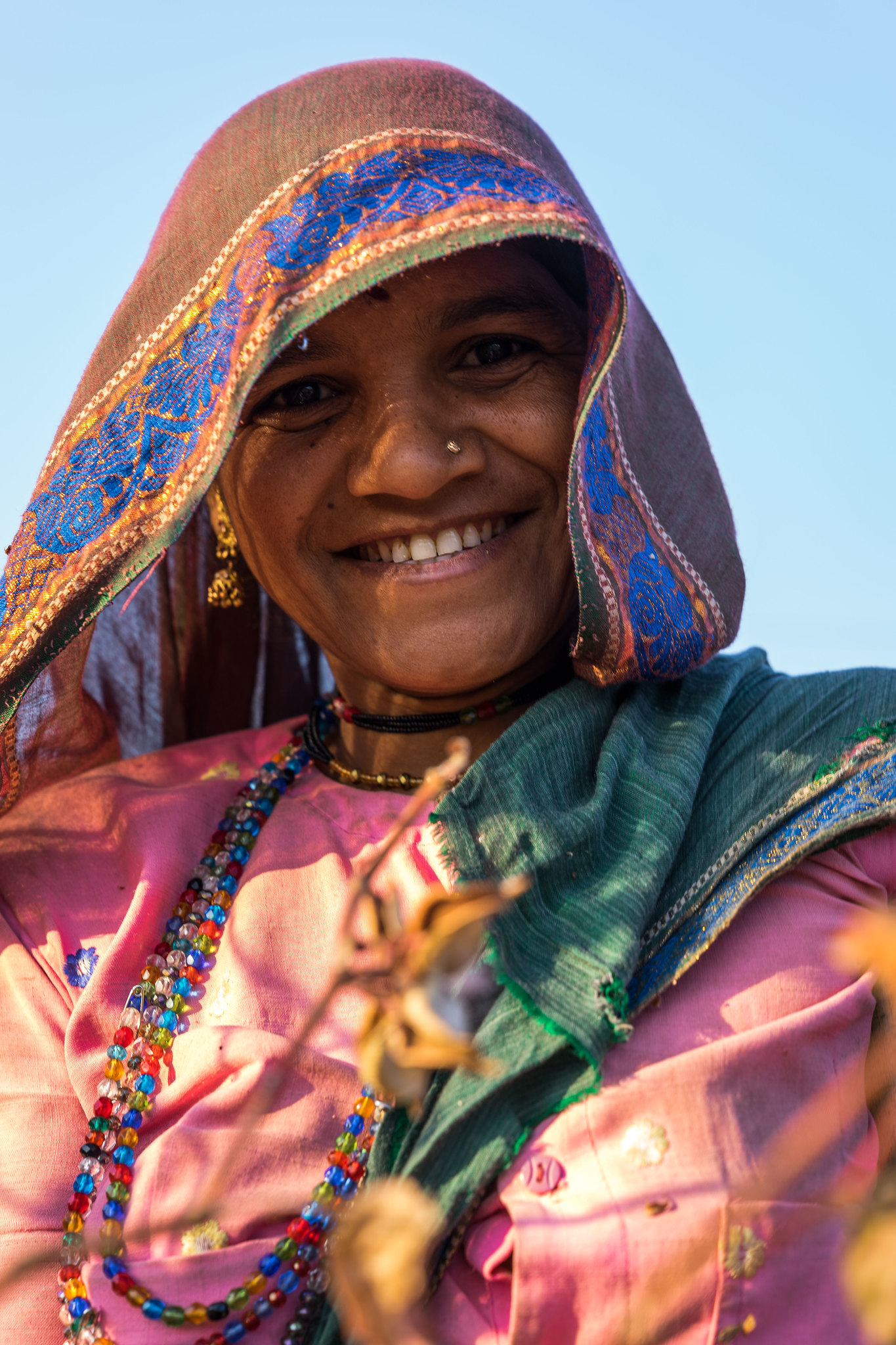
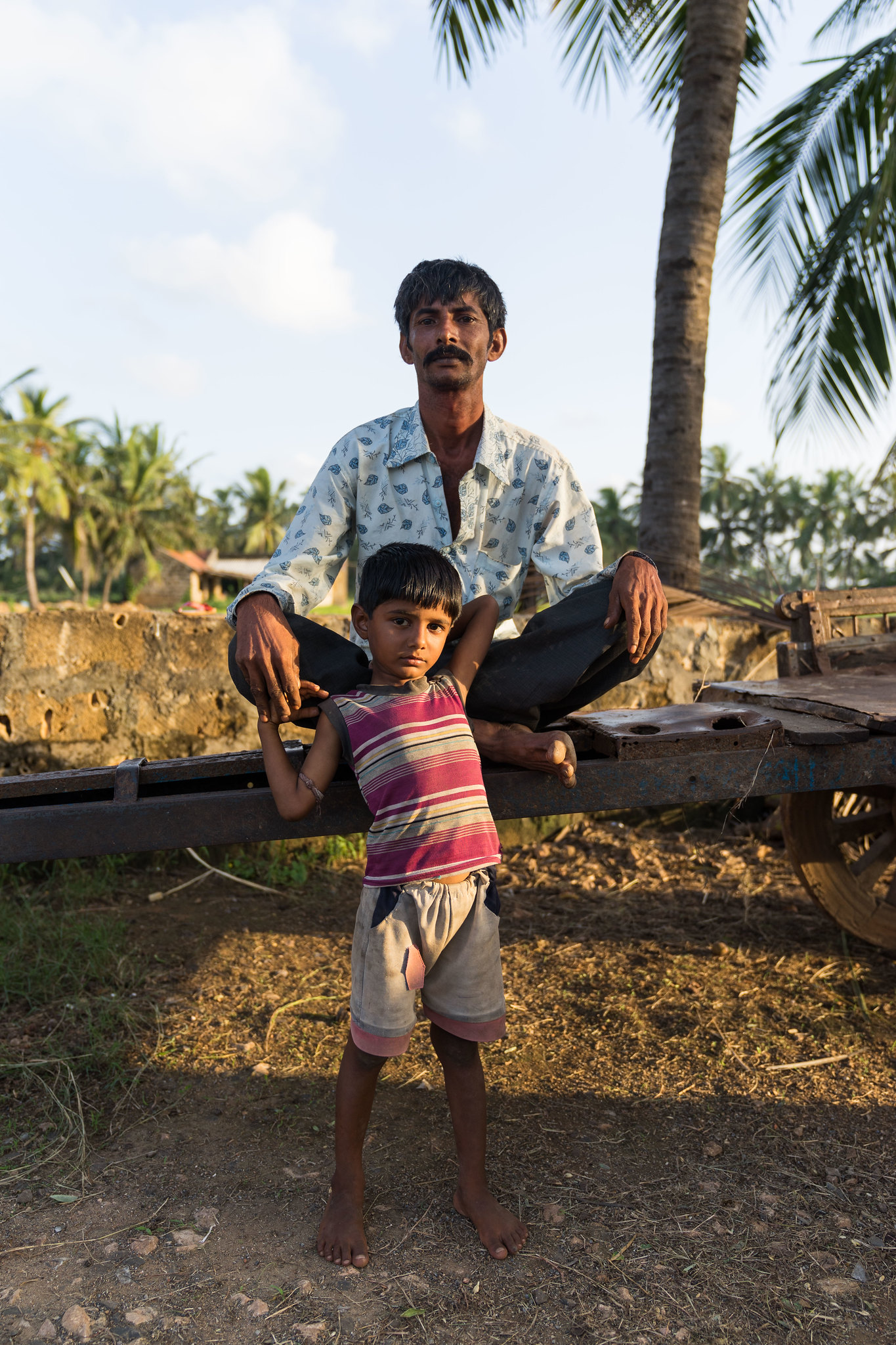
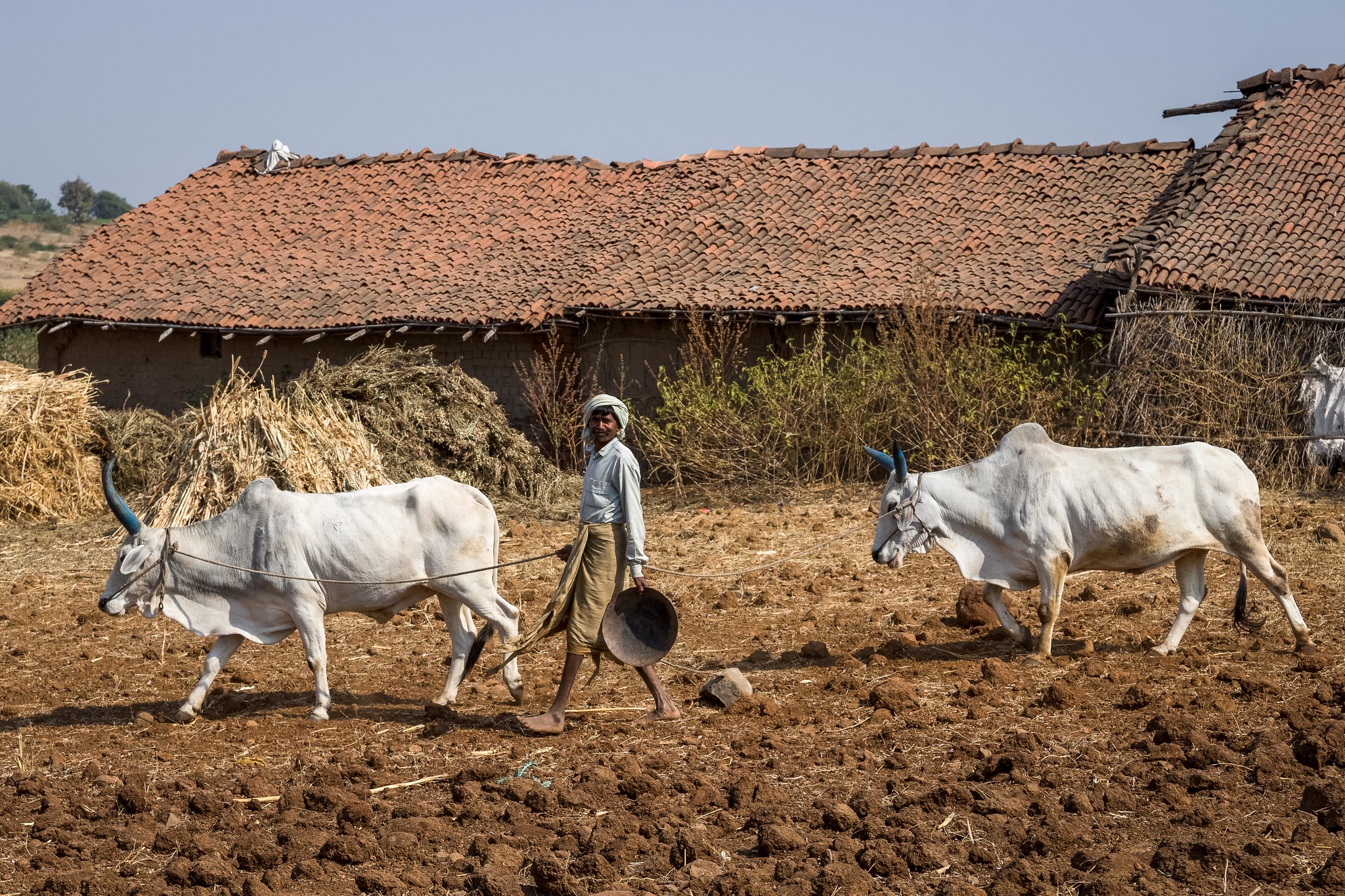
For those who may not be aware of AKRSP India’s work, could you explain how the organisation was established and its key areas of work?
AKRSP was established in 1983, at a time when there were very few organisations in the country directly tackling poverty, particularly in rural areas. While AKF was there, it was supporting other civil society organisations and its programmes were focused on education and health. Initially AKRSP was seen as an implementing arm for AKF in India, but it soon established its own identity and became a separate entity. Now, with AKF’s support, AKRSP is known as Indian organisation, which is rooted in local culture and operates based on the needs of the communities we serve, as well as the wider priorities of the Indian government.
Over the years, our programmes have evolved a great deal. AKRSP’s early focus on agriculture centred around irrigation sources, soil conservation, land quality improvement, community forestry, and crop productivity, as well as food security. At first, there was little consideration around livelihoods outside agriculture.
In the early 90s, gender became one of the main components of our programming. We started looking at all our programmes through gender lens and working to integrate more women into community-based organisations as participants and leaders. Soon after this, we became aware that rural youth were not proactively getting involved in our work. After discussions with them, we found that the aspirations amongst rural youth were changing; they were more interested in livelihoods beyond agriculture, which is why we started our vocational skills programme, Yuva Junction. We now have 30 skills development centres where we train around 5,000 young people each year to build their skills across a variety of industries.
In more recent years, we’ve recognised that our work cannot continue if we don’t look at the global challenge of climate change. We are now focusing our attention on achieving climate resilience in whatever we do. So, whilst rural livelihoods and agriculture remain at the heart of our work, we’ve been responsive to societal shifts and the evolving needs of the communities we serve.
Today, AKRSP works in four states and reaches approximately 2.5 million people every year.
Speaking of societal shifts, Indian society has changed a great deal since AKRSP was first established. How would you describe India today, but also, what challenges are marginalised communities facing?
India is a very large country – around 1.4 billion people – and the diversity we have is amazing. Every state is very different, with its own languages, cultures, communities, and subcommunities. We have various tribes, religions, and subsections within religions. Even amongst rural communities, there is a lot of diversity, both in terms of the communities themselves, but also the environments they live in. For example, AKRSP works in coastal regions, arid and semi-arid areas, and tribal settings in remote forests. Even within agriculture, some areas are highly commercialised whilst others are very traditional.
Through our work, we’re seeing a lot of migration from rural to urban areas. India’s young population – the majority of which is below the age of 35 – are moving to seek livelihoods in the country’s bustling urban centres. India is a vibrant, growing society with an expanding economy, and there has been slow but definite improvement in infrastructure and connectivity. Good roads, electricity and internet can be found even in the most remote areas.
But we continue to face several challenges. Wherever we go, nutrition is a big challenge, even in the more developed areas. Inequality is also a big issue – while some communities are highly prosperous, there are large numbers of households and communities who are left behind. Women still face problems around cultural taboos, social mobility, and economic and educational opportunities. There are also new challenges emerging. As I said, climate change is real here. If you go to coastal areas, communities are experiencing cyclones. In semi-arid regions, we see frequent droughts. The degradation of forest is very rapid, and we are losing biodiversity fast. For the marginalised communities we work with at AKRSP, all these challenges are felt more intensely.
Working across such a diversity of communities, geographies, and sectors must be challenging – what are the core values that tie AKRSP’s work across different areas together?
First of all, community is at our core. Communities are at the forefront of our design processes, programming, and evaluation, and we often use the term ‘community-centric’ to define our work. We also have six core values within the organisation: empowerment, professional excellence, equity, responsive to change, transparency and collaboration.
Whilst we have posters, videos, and training materials around our values, the most important thing is how we practice these values in the day-to-day operations of our work. We always try to connect our values with the way we work on the ground. As I explained, AKRSP has evolved from a sole focus on natural resources management, to incorporating gender, youth skills and climate change. This is outcome of being responsive to change – if there are changing needs priorities on the ground, we must change ourselves.
Secondly, our time horizon is very important. I see many development organisations moving from one short-term project from the next, but I do not believe that communities can truly thrive through this way of working. What we try to do at AKRSP is work with community-based organisations (CBOs) and ensure continued support beyond project periods. CBO development requires long-term thinking and stability from the teams working with them on the ground. That way, when we’re designing programmes, we can connect between what has happened in the past within that particular community, what the current needs are, and what the future looks like.
“What we try to do at AKRSP is work with community-based organisations (CBOs) and ensure continued support beyond project periods. CBO development requires long-term thinking and stability from the teams working with them on the ground.”
Having unrestricted grants like the one we’ve just received from MacKenzie Scott, enables us to follow this approach and continue to truly empower the communities we serve to lead their own development, with AKRSP as a facilitator.
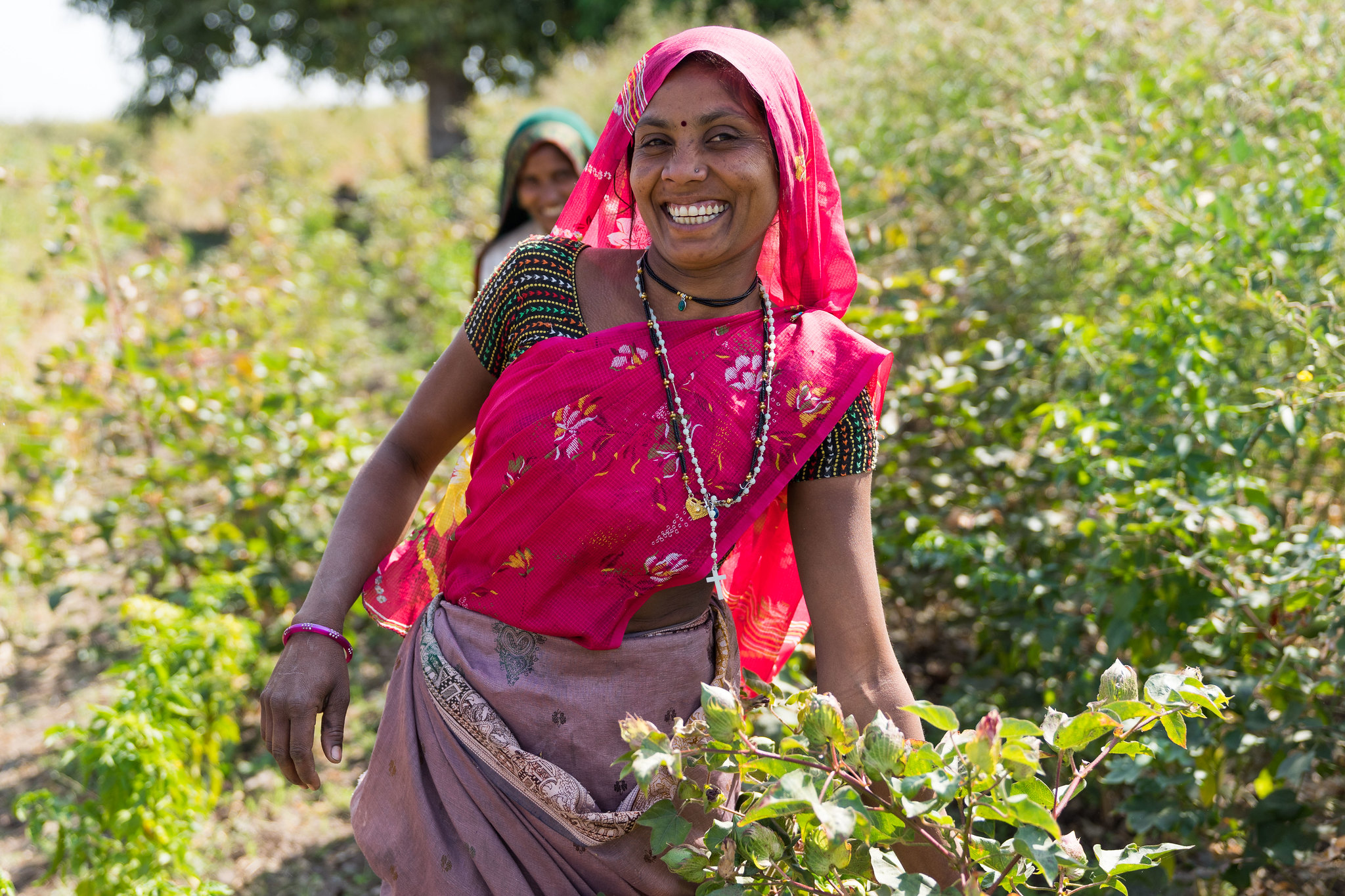
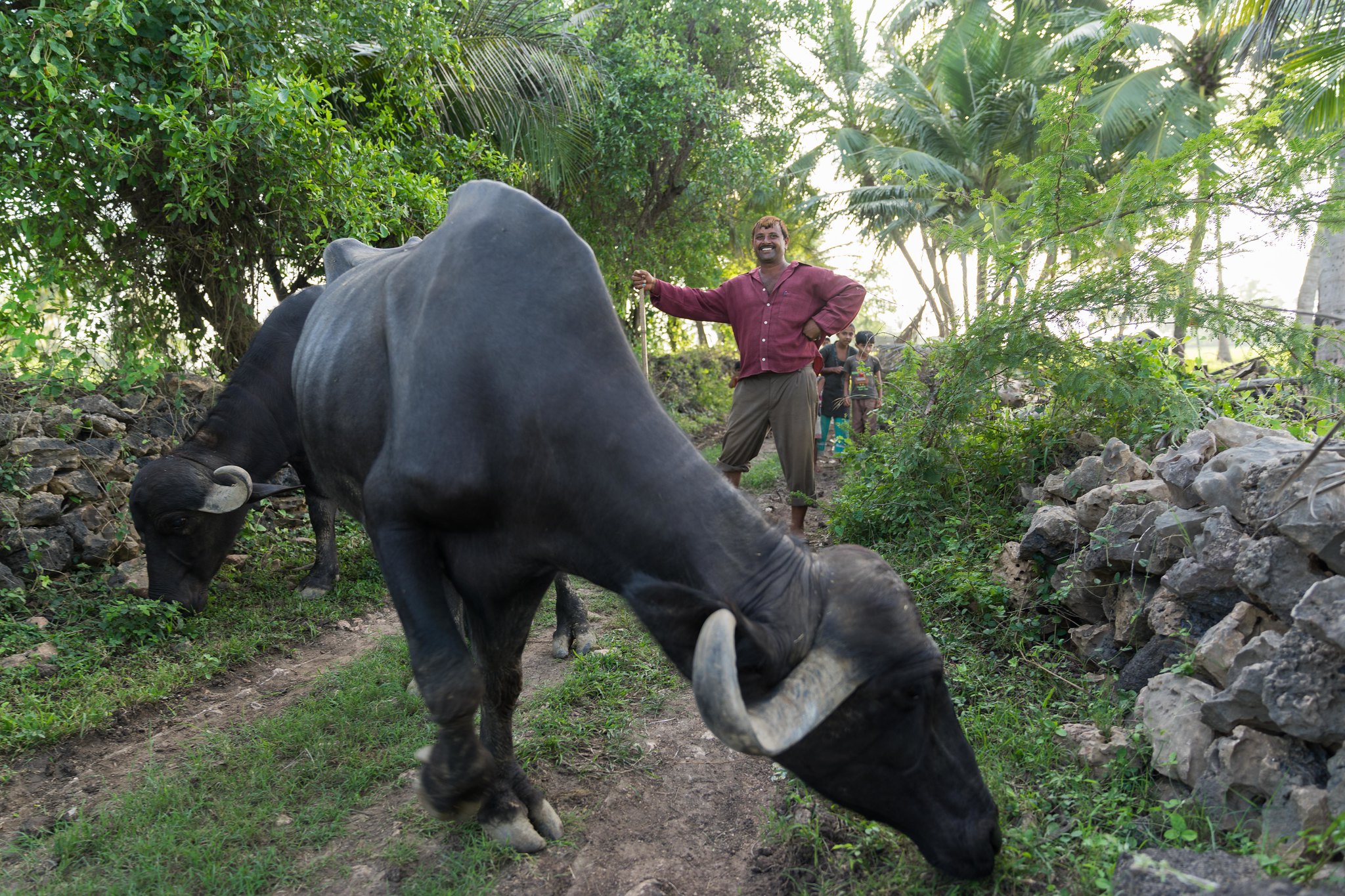
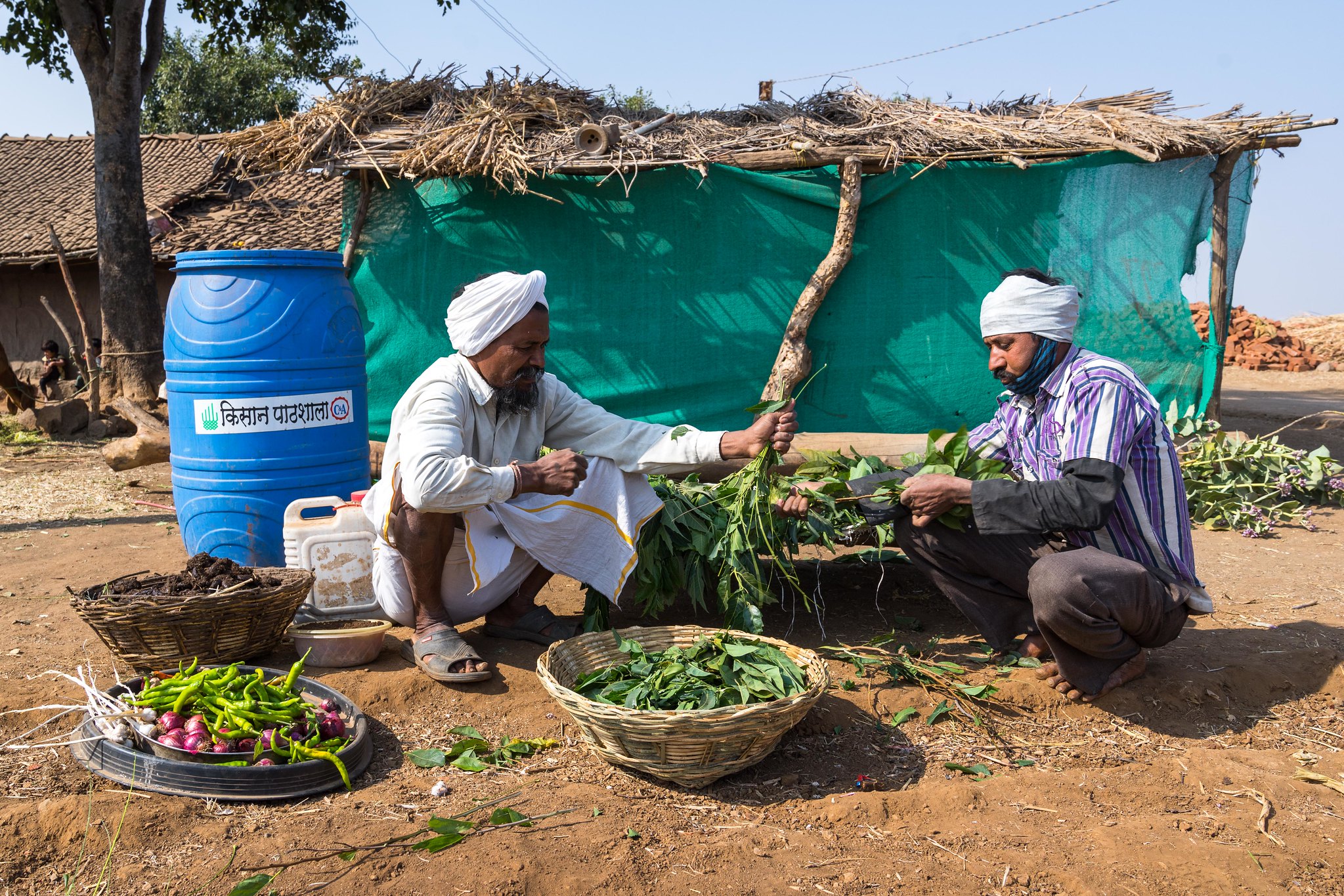
How have these values and this approach led to successes over the years? What do you see as the greatest achievements of AKRSP so far?
Whilst there have been so many positive outcomes on the ground, from improving access to water in more 1,100 villages to training over 35,000 young people in various vocational skills, over the past 14 years I would say that the biggest achievement of AKRSP is the community leadership we have developed on ground. When I review our programme outcomes, I always feel so proud to see large numbers of rural people who have become local leaders in their own right. Irrespective AKRSP, they are serving their communities and addressing their own priorities.
A couple of months ago I was with a community in Gujurat and I learned that one of the women’s institutions which we originally established as a savings group, is now addressing issues like domestic violence, nutrition, and land rights for women. As a result of our leadership training and our engagement with them over long periods of time, they have been able to design and implement their own development initiatives, beyond our original mandate.
Several of our community leaders have received national level recognition by our government. Recently a women leader from a tribal community we work with, received a Padma Shri, which is one of the most prestigious civilian awards given by the Government of India, and she received it from the president herself. I would say that the facilitation of capable, autonomous, and effective rural leadership is the most outstanding achievement of our work.
“I would say that the facilitation of capable, autonomous, and effective rural leadership is the most outstanding achievement of our work.”
Now that you have these additional resources, what excites you about the future of AKRSP?
There are a number of areas I’m looking forward to growing and expanding. The first is gender – we need more women in leadership positions at AKRSP and we are committed to bringing significant change here in the next couple of years.
The second is in terms of programmes. We are very excited about developing and implementing innovative nature-based solutions to climate change. In the last couple of years, we’ve been planting micro-forests with communities and reforesting areas of mangroves in coastal regions. We’ve also been trying to reduce methane emissions from livestock and developing our competency in regenerative agriculture.
Finally, we will be building our own capacity as a team. When I was announcing the grant to my team, I said how in every meeting we always discuss the impact on communities, equity in our programmes, how we are representing the most marginalised. We also discuss our donors and whether we are satisfying their requirements. But sometimes we miss discussing the people who are actually doing all these things: AKRSP employees. So maybe now that we have more resources and stability, we can start thinking more about our own people, and how to become a people-centric, as well as a community-centric organisation.
“Now that we have more resources and stability, we can start thinking more about our own people, and how to become a people-centric, as well as a community-centric organisation.”
Naveen has been with AKRSP India for almost 14 years, starting at the field level and rising to his current role as CEO. He grew up in a farming community in Madhya Pradesh – much like the those that AKRSP serves today. In his youth, Naveen studied computer engineering, pursuing a career in this field at the start of IT boom in India. However, he soon discovered the development sector through a friend who was working with AKRSP. He initially expected to stay for only a year or two as an experiment, but Naveen quickly found himself immersed in the work and deeply connected to the communities he served.
